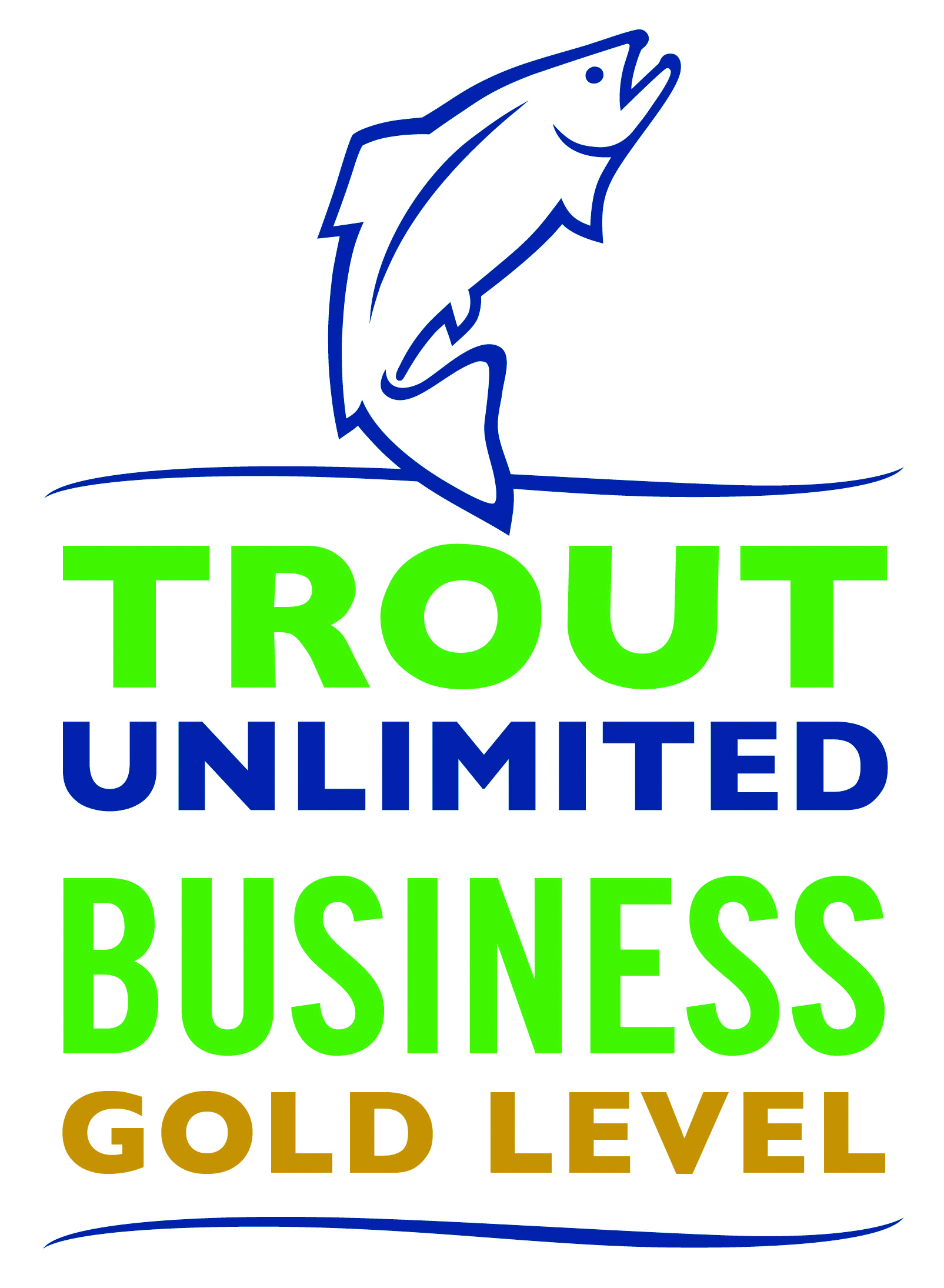 Unicoi Outfitters stocks a full line of Simms wading shoes with Vibram soles and we can ship them to you if you live in or fish a state where felt has been banned. There is no sales tax on boots shipped out of the state of Georgia plus we'll pay for the shipping. Most shipments will go out within 24 hours of placing the order.
Unicoi Outfitters stocks a full line of Simms wading shoes with Vibram soles and we can ship them to you if you live in or fish a state where felt has been banned. There is no sales tax on boots shipped out of the state of Georgia plus we'll pay for the shipping. Most shipments will go out within 24 hours of placing the order.If you're concerned that you may be a potential carrier of these vile organisms, we still think the best way to control the spread is a routine practice of maintenance. The Pennsylvania Fish & Boat Commission has a very good procedure we should all be following that I've included here:
CHECK -- Before you leave a river, stream, or lake, check items and leave debris at site. If you find any later, treat and put in trash. Do not wash down drains.
CLEAN -- There are several ways to kill didymo. Choose the most practical treatment for your situation which will not adversely affect your gear.
Stop aquatic hitchhikersNon-absorbent items
* Detergent -- soak or spray all surfaces for at least one minute in 5% dishwashing detergent or (2 cups (16 oz.) or 500mls with water added to make 2.5 gal. or 10 litres); OR
* Bleach -- soak or spray all surfaces for at least one minute in 2% household bleach (1 cup (8 oz.) or 200mls with water added to make 3 gal. or 10 litres); OR
* Hot water -- soak for at least one minute in very hot water kept above 140° F (60° C) (hotter than most tap water) or for at least 20 minutes in hot water kept above 113° F (45° C) (uncomfortable to touch).
Absorbent items -- require longer soaking times to allow thorough saturation. For example, felt-soled waders require:
* Hot water -- soak for at least 40 minutes in hot water kept above 113° F (45° C) ; OR
* Hot water plus detergent -- soak for 30 minutes in hot water kept above 113° F (45° C) containing 5% dishwashing detergent; OR
* Freezing any item until solid will also kill didymo.
DRY -- Drying will kill didymo, but slightly moist didymo can survive for months. To ensure didymo cells are dead by drying, the item must be completely dry to the touch, inside and out, then left dry for at least another 48 hours before use. If cleaning or drying is not practical, restrict equipment to a single waterway.
NOTE: The thicker and denser the material, the better it will be at holding moisture (and live cells), the slower it will be to dry out and the more difficult it will be to soak completely with cleaning solutions.
When cleaning equipment, we recommend that you
* soak porous materials for longer than the specified times to ensure saturation with cleaning solution
* choose a decontamination solution that will not adversely affect your equipment
* follow manufacturer’s safety instructions when using products
* dispose of cleaning waste well away from waterways
Here's an eye-opening video out of New Zealand that can help you recognize Didymo:





No comments:
Post a Comment